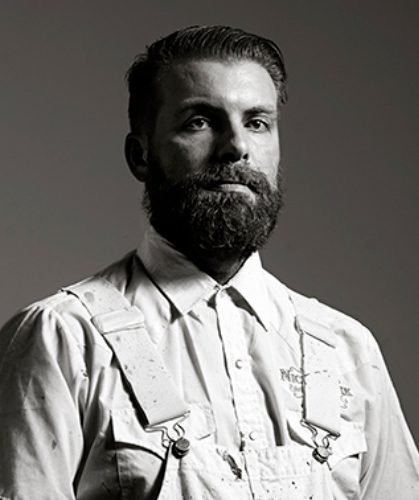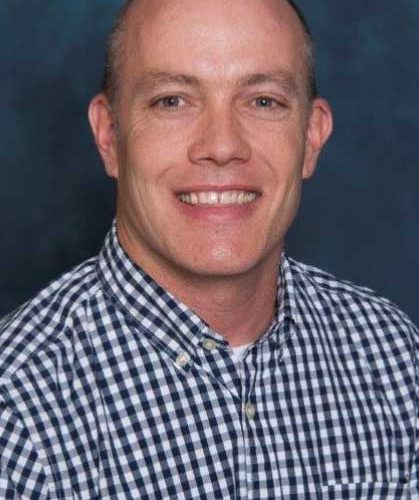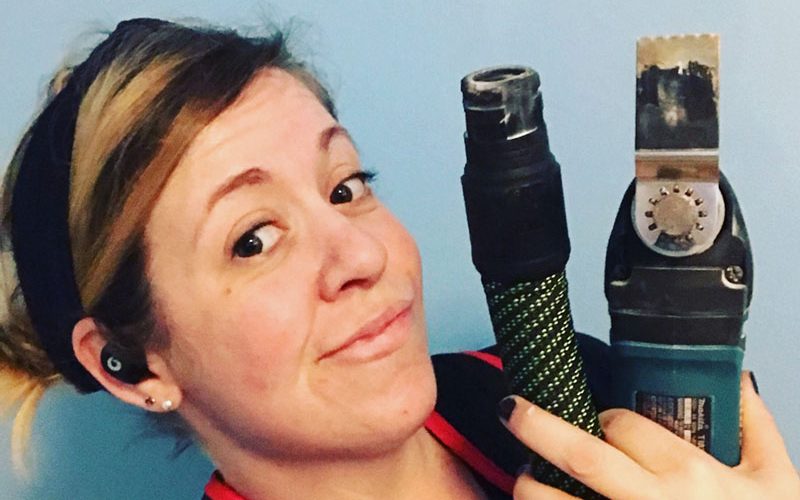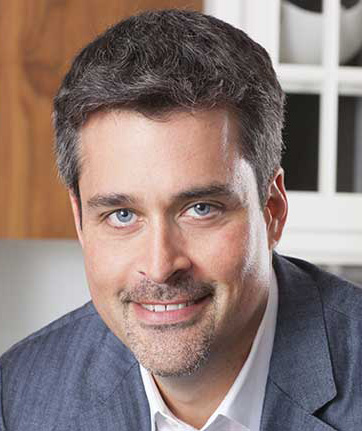Ep.123: Exploring the Decent Human Being Theory with Nick Slavik
Many remodelers, builders and business owners make resolutions or commitments to create Standard Operating Procedures (SOPs) and then they get caught up in the daily grind and it never happens. Or, they take the time and energy to create them and they sit, unused, in a binder on a shelf.
Another challenge for many companies we work with is attracting and hiring people, especially new people to the industry, and getting them trained to “do things our way.”
Our guest today, Nick Slavik, has done an outstanding job of developing SOPs for his company and then implementing training to meet those internally. It turns out he has some other views of the world that are extremely helpful in running a business, as well.
Nick is the Proprietor of the Nick Slavik Painting & Restoration Co., Host of Ask a Painter Live, and contributes to This Old House. He has been and national and international speaker on topics such as entrepreneurship, craftspersonship, trades reformation, working with millennials, harnessing technology for trades business, financial benchmarks, industry standards and coating science.
Nick has been a craftsman for more than 25 years. His company has been awarded more than 5 National awards for craftsmanship over the last 3 years. He has created a rigorous Apprenticeship program where he finds, trains, inspires and mentors young people in his craft. In 2018, he was made a family member at This Old House.
Tim, Steve and Nick talk more about:
- Background and description of the Decent Human Being Theory.
- Creating & developing Standard Operating Procedures (SOPs).
- Holding teams accountable and getting them to adhere to SOPs.
- Developing them is one thing but training to them is another.
- Balancing the demand for work, growing the business and training new personnel.
- Hiring green and training OR hiring an experienced painter and re-training them?
- And more…
Don't Miss the 2020 Annual Remodelers Summit
Join Us for Two Days of Successful Remodelers, Bestselling Authors and Industry Leaders Sharing Ideas, Inspiration and Business Solutions as We Look Forward to Better Days Ahead. [More Information + Registration]















